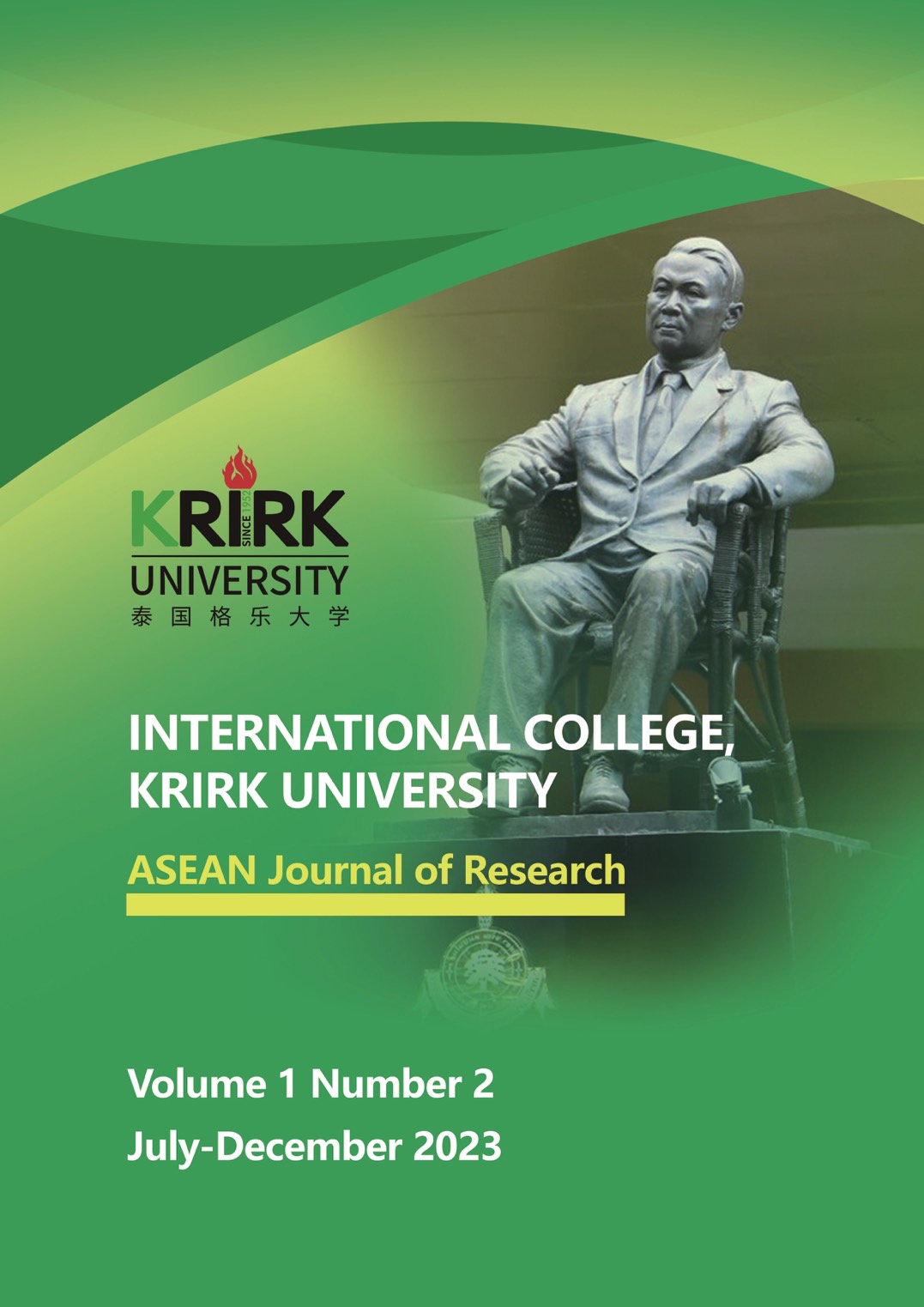Intercultural Communication Analysis of Korean TV Dramas within China in the New Media Era
Keywords:
Intercultural communication, 5W model, Korean TV dramasAbstract
This study uses literature review and comparative analysis along with historical research methods to investigate the intercultural communication process of Korean TV dramas within China. Firstly, this paper analyzes the intercultural process of Korean TV dramas in China by using the 5W model proposed by Lasswell. Subsequently, this study puts forward four suggestions on the basis of China’s national conditions and the development status of the TV drama industry, namely, adopting a popular narrative pattern to disseminate universal values; integrating national culture into the art of teleplay; identifying audience positioning, and making full use of social media and, finally, establishing a complete operating system for the TV drama industry. The research on intercultural communication of Korean TV dramas within China provides certain references and inspirations for promoting the development and intercultural communication of Chinese TV dramas.
References
Hall, E.T. (1959). The silent language. Garden City, NY: Doubleday.
He, D. (translation) (2017). The structure and function of social communication (Original author: H. D. Lasswell). Beijing: China Media Press.
Hoskins, C. & Mirus, R. (1988). Reasons for the US dominance of the international trade in television programmes. Media, Culture & Society, 10(4), 499-515.
Katz, E., Haas, H. & Gurevitch, M. (1973). On the use of the mass media for important things. American Sociological Review, 38(2), 164-181.
Korea Tourism Knowledge Information System (2020-3-20). Major indicators of tourism statistics at a glance, available at: http://www.tour.go.kr.
Liu, W. (2016). The explanatory significance of the popularity of the Korean TV drama Descendants of the Sun. Drama House, (24), 123-124.
Liu, Y. (2017). The marketing method of Descendants of the Sun from the perspective of communication theory. Journalism Studies Guide, 8(3), 141.
National Bureau of Statistics of China (2022). China statistical yearbook 2022, available at: http://www.stats.gov.cn/sj/ndsj/2022/indexeh.htm.
People’s Daily Online (2022-7-2). In 2013, the ratings of 75% of domestic dramas were lower than 0.5%, making it difficult to find good dramas, available at: http://culture.people.com.cn/n/2014/0221/c172318-24425863.html (in Chinese).
Sohu (2022). Hundreds of travel agencies in China are vying to promote the Descendants of the Sun tour group, available at: https://www.sohu.com/a/71006775_376259.
Statistics Korea (2021). Online direct overseas sales by country (continent), available at: http://kostat.go.kr/portal/korea/index.action.
Sun Y. (2015). Intercultural communication studies. Beijing: Peking University Press.
TechWeb (2023). Descendants of the Sun is exclusively launched on iQIYI VIP members to enjoy the experience of watching the drama without time difference, available at: http://www.techweb.com.cn/news/2016-02-22/2282014.shtml.
Tong, B. (2004). Analysis of the misunderstanding in cross-cultural communication. Journalism University, 3, 20-24.
Wang, M. (2016). Communication interpretation of popular Korean TV dramas - Taking the popular Korean TV drama Descendants of the Sun as an example. Western Radio and Television, 8, 111-112.
Yao, Y. (2012). Research on the value dissemination and impact of popular American TV dramas. Master’s Thesis, Beijing: Minzu University of China.
Zhao, J. (2018). Research on the communication effect of music reality show based on uses and gratification theory. Master’s Thesis, Chongqing: Chongqing University.
Downloads
Published
How to Cite
Issue
Section
License
Copyright (c) 2023 ASEAN Journal of Research

This work is licensed under a Creative Commons Attribution-NonCommercial-NoDerivatives 4.0 International License.
The Copyright belongs to the ASEAN Journal of Research




